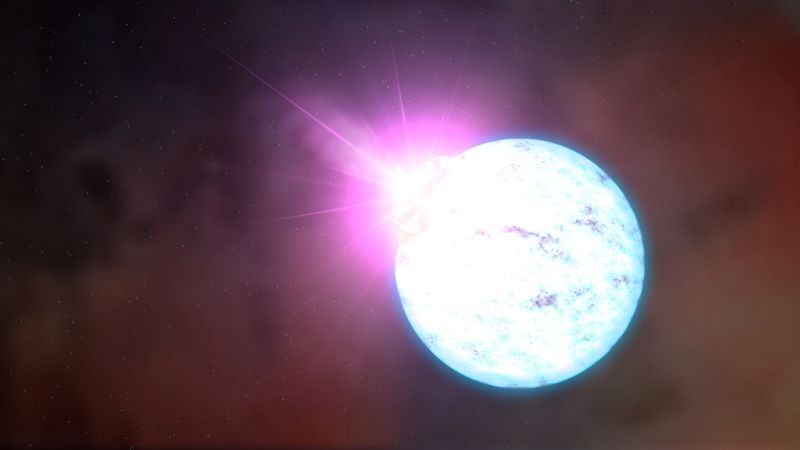Hypothetical black holes could be eating neutron stars
Ars Technica » Scientific Method 2017-08-10

Enlarge (credit: NASA's Goddard Space Flight Center)
Immediately after the Big Bang, the Universe's matter was incredibly dense and rippled with random fluctuations. Is it possible that some portions of it reached densities high enough to collapse into black holes?
The idea of primordial black holes has been kicking around in theoretical circles for a while, in part because they could provide much of the dark matter that seems to dominate the Universe's large-scale structures. But testing for their existence requires some sort of consequence that we could detect, and the theorists have largely come up short there. But now, a team of three physicists writing in Physical Review Letters has come up with a rather intriguing consequence: these black holes could swallow a neutron star that, under the right conditions, would spit out heavy elements.
Truth or consequences
Two things could distinguish primordial black holes from those formed in the collapse of a massive star. One is that they could be nearly any mass, from less than the mass of a star up to thousands of times heavier than anything formed during a supernova. The heavier end of the spectrum is appealing, since it could explain how supermassive black holes appeared so quickly (in astronomical terms) after the Universe's birth.